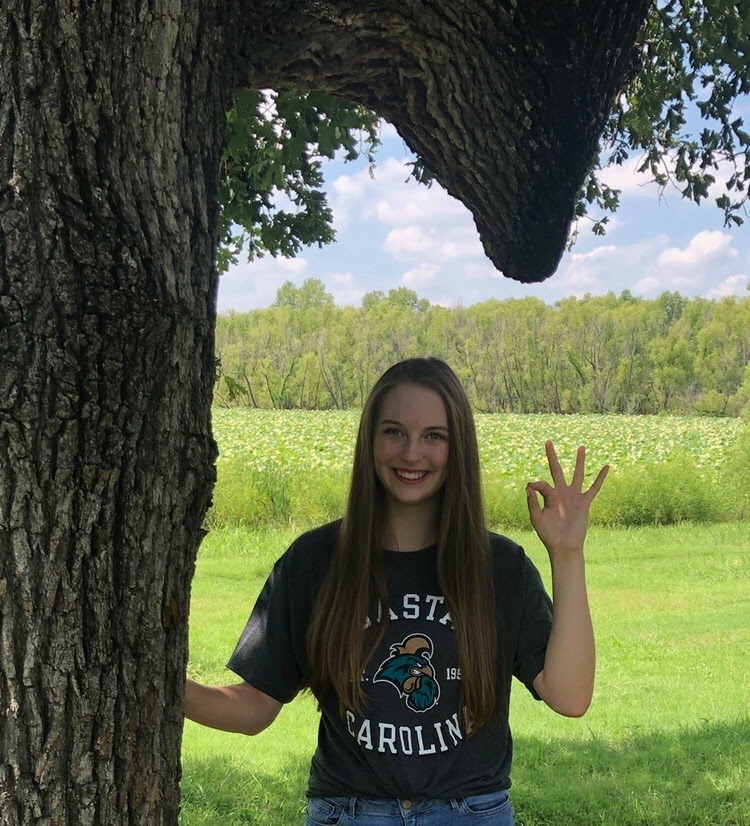There’s just something about being assumed that I’m good at something when I’m not, that irritates me. I’m not one to complain, but it all began to happen at the beginning of this year.
Since there is no longer French, I was required to enroll in Spanish I. I don’t have anything against the language itself- just the fact that because I’m Hispanic does not mean I’m a genius in regards to the subject.
Sure, my parents are fluent but I was raised learning English first. I still have the benefit of pronouncing the majority of the words but I struggle with as much difficulty as the rest would when pertaining to grammar.
Ever since I could remember, my father was a primary influence in my speaking English. He learned it as a sec- ond language and always spoke to my siblings and me in bothlanguages.IusedtositinfrontofaT.V.watching shows like Doug and Franklin. I think that’s where I lost my accent. Because my grandparents and distant relatives only spoke Spanish, I learned to adapt in order to un- derstand them. Eventually every little word stuck in my head and I grew to instinctively know what they were saying. I never actually learned to write or physi- cally read words off a page. I could only speak it.
To this day, whenever I attempt speaking only Spanish in my household, my mother always cor- rects me. Some might say it’s embarrassing because of who I’m supposed to be. Students presume that because of the color of my skin, I must already have this language perfected. They believe that I know all the answers when prompted during class. Truth is, I don’t. I’m usually about as lost as everyone else.
My other family members like my cousins and aunts frown upon my way of speaking. They tell me things like “you’re Hispanic so you should already know this” or “learn your language, girl!” It gets to the point where I don’t even want to show my face. And they always correct me on every little detail, sometimes speaking to me like I’m an infant who can’t tell the difference between left and right. It’s downright mortifying when a younger cousin of mine speaks to me like I’m dense. In a way, it feels like I somehow don’t belong. I look so Mexican that I never truly fit in with English-speaking so- cieties, but I speak Spanish so roughly that I never blend in with Hispanics either. I’m forever stuck between a rock and a hard place. The term “stereotypes” has been preached way too many times and I never really gave it much thought until all this assuming began. Now I guess that I’m just tired of telling people “No, sorry I can’t help you” and explaining why I don’t know the answer. I’m so reluctant to even try to give them help because I’m afraid
I’ll get blamed for giving them the wrong response. It’s been a complicated ride this year so far, more tir- ing than anything else, really. And although this is the first time I’ve been in this situation, I’m certain this ex- perience taught me a lesson, one of which will probably stick with me for the rest of my life. It’s cliché but I’ll never judge a book by its cover ever again. I’ve been on the other side of the picture and it’s definitely not fun. Truthfully, I feel sympathy for those who are misjudged- I know I’m not the only one in this school who has been.







